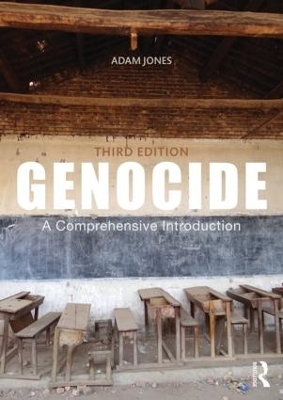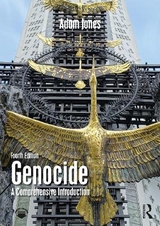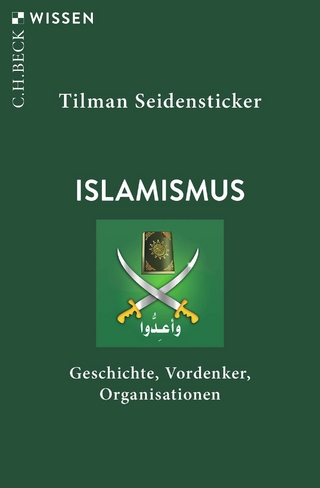
Genocide
Routledge (Verlag)
978-1-138-82384-6 (ISBN)
Genocide: A Comprehensive Introduction is the most wide-ranging textbook on genocide yet published. The book is designed as a text for upper-undergraduate and graduate students, as well as a primer for non-specialists and general readers interested in learning about one of humanity’s enduring blights.
Fully updated to reflect the latest thinking in this rapidly developing field, this unique book:
Provides an introduction to genocide as both a historical phenomenon and an analytical-legal concept, including the concept of genocidal intent, and the dynamism and contingency of genocidal processes.
Discusses the role of state-building, imperialism, war, and social revolution in fuelling genocide.
Supplies a wide range of full-length case studies of genocides worldwide, each with a supplementary study.
Explores perspectives on genocide from the social sciences, including psychology, sociology, anthropology, political science/international relations, and gender studies.
Considers "The Future of Genocide," with attention to historical memory and genocide denial; initiatives for truth, justice, and redress; and strategies of intervention and prevention.
Highlights of the new edition include:
Nigeria/Biafra as a "contested case" of genocide
Extensive new material on the Kurds, Islamic State/ISIS, and the civil wars/genocide in Iraq and Syria.
Conflict and atrocities in the world’s newest state, South Sudan.
The role, activities, and constraints of the United Nations Office of Genocide Prevention.
Many new testimonies from genocide victims, survivors, witnesses—and perpetrators.
Dozens of new images, including a special photographic essay.
Written in clear and lively prose with over 240 illustrations and maps, Genocide: A Comprehensive Introduction remains the indispensable text for new generations of genocide study and scholarship.
An accompanying website (www.genocidetext.net) features a broad selection of supplementary materials, teaching aids, and Internet resources.
Adam Jones is Professor of Political Science at the University of British Columbia Okanagan in Kelowna, Canada. His recent books include The Scourge of Genocide: Essays and Reflections (Routledge, 2012) and Gender Inclusive: Essays on Violence, Men, and Feminist International Relations (Routledge, 2009). He is also editor of the Genocide and Crimes against Humanity book series for Routledge.
1. Introduction Part 1: Overview 1. The Origins of Genocide2. State and Empire;War and Revolution Part 2: Cases 3. Genocide of Indigenous Peoples 4. The Ottoman Destruction of Christian Minorities 5. Stalin and Mao 6. The Jewish Holocaust 7. Cambodia and the Khmer Rouge 8. Bosnia and Kosovo 9. Apocalypse in Rwanda Part 3: Social Science Perspectives 10. Psychological Perspectives 11. The Sociology and Anthropology of Genocide 12. Political Science and International Relations 13. Gendering Genocide Part 4: The Future of Genocide 14. Memory, Forgetting and Denial 15. Justice, Truth and Redress 16. Strategies of Intervention and Prevention
| Zusatzinfo | 22 Line drawings, black and white; 222 Halftones, black and white; 244 Illustrations, black and white |
|---|---|
| Verlagsort | London |
| Sprache | englisch |
| Maße | 174 x 246 mm |
| Gewicht | 1496 g |
| Themenwelt | Geisteswissenschaften ► Philosophie |
| Sozialwissenschaften ► Ethnologie | |
| Sozialwissenschaften ► Politik / Verwaltung ► Politische Theorie | |
| Sozialwissenschaften ► Soziologie | |
| Schlagworte | Völkermord |
| ISBN-10 | 1-138-82384-8 / 1138823848 |
| ISBN-13 | 978-1-138-82384-6 / 9781138823846 |
| Zustand | Neuware |
| Informationen gemäß Produktsicherheitsverordnung (GPSR) | |
| Haben Sie eine Frage zum Produkt? |
aus dem Bereich



